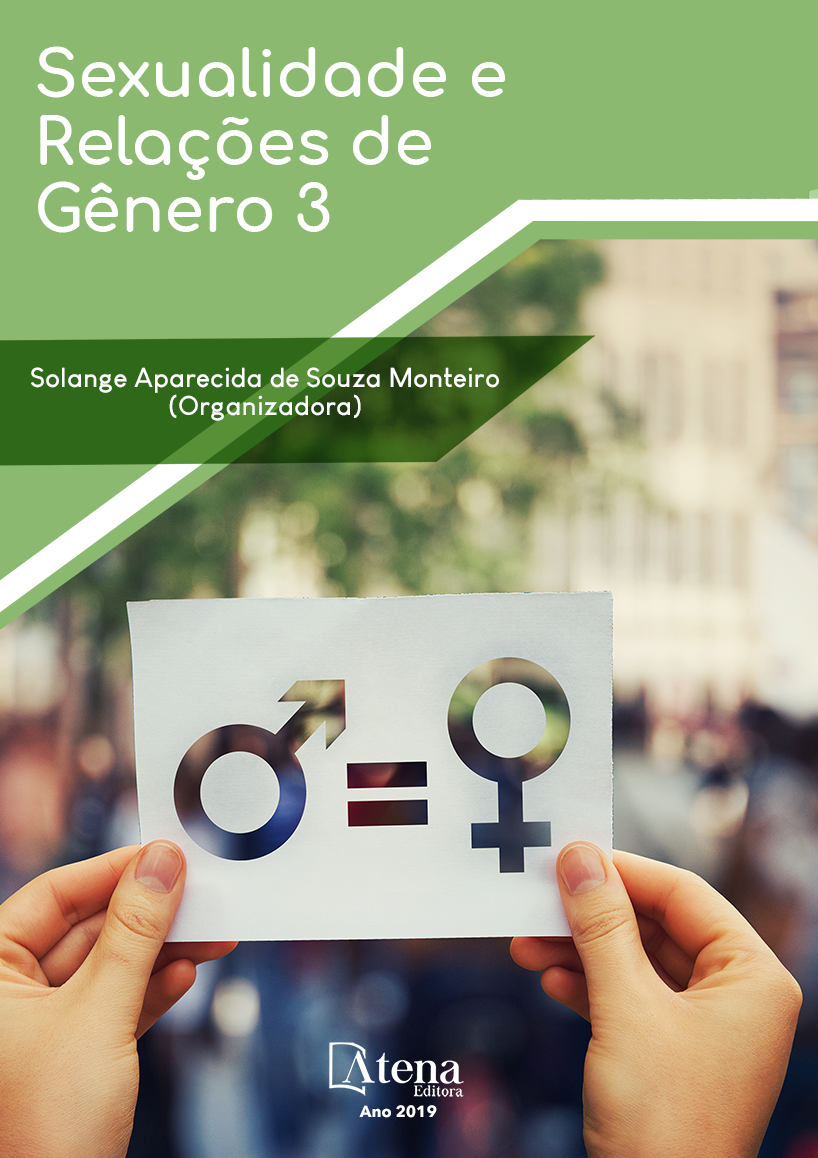
Um Breve Percurso Sobre a Posição Social da Mulher
Este trabalho pretende pensar o lugar
ocupado pela mulher na sociedade, seu corpo
e o exercício de sua sexualidade, construídos
de acordo com exigências de determinadas
configurações sociais, históricas e políticas.
Tomando o feminino como constructo histórico,
temos que a atual concepção do que é ser
mulher e do exercício da feminilidade variam ao
longo do tempo e das sociedades. Se na Idade
Média, a mulher não era vista como um ser em
sua singularidade sexual, o século XVII traz
uma inovação ao afirmar a mulher como um ser
único anatomicamente, utilizando-se agora de
um argumento científico para justificar o lugar de
inferioridade da mulher. No decorrer da história,
o lugar social da mulher passa por diversas
transformações, e estas vão desde uma posição
de respeito, sendo até mesmo a descendência
contada por linha materna, até uma posição
de submissão na sociedade patriarcal, onde o
homem detinha o poder sobre a mulher. Essas
e outras múltiplas estruturas de dominação
que incidem sobre a mulher, demonstram
variadas relações de poder, garantindo o
controle sobre o corpo e a sexualidade dentro
de uma sociedade hétero fundamentada. A este
trabalho cabe analisarmos alguns percursos
históricos e políticos, perpassando por funções
sociais e padrões de relações que ainda
mantém privilégios onde a mulher se encontra
em desvantagem. Pretendemos discorrer sobre
a concepção do que é ser mulher e do exercício
da feminilidade, retratando também conquistas
de direitos de igualdade vinculados a questão
de gênero.
Um Breve Percurso Sobre a Posição Social da Mulher
-
DOI: 10.22533/at.ed.09619060929
-
Palavras-chave: mulher, corpo, poder
-
Keywords: women, body, power
-
Abstract:
This paper aims to explore the
space occupied by women in society, their
bodies and the expression of their sexuality,
built according to the norms of certain social,
historical and political configurations. If we
observe “feminine” as a historical construct, it
is noticed that the current conception of being
a woman and the expression of femininity vary
through time and societies. While during the
Middle Age women were not seen as sexually
singular beings, the XVII century brings something new by affirming women as an
anatomically unique human being, using a scientific argument to justify women’s
inferiority. Throughout history, the social place assigned to women changes and
transforms, from a position of respect, when even the descendancy was defined by the
maternal line, to a position of submission in the patriarcal society, where men detain
power over women. This is one of multiple domination structures that affect women and
show varied power relations - they guarantee control over the body and sexuality in a
society founded in heterosexual norms. This paper will analise some of historical and
political processes, running through social functions and pattern of relationships that
still maintain privileges that keep women at disadvantage. Our objective is to discuss
the conception of what it means to be a women and the exercise femininity, while at the
same time portraying equality achievements connected to gender issues.
-
Número de páginas: 15
- Paula Land Curi
- Ivana Maria Fortunato de Barros
- Libna Pires Gomes


